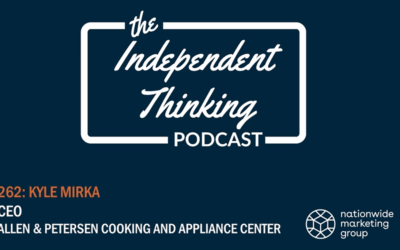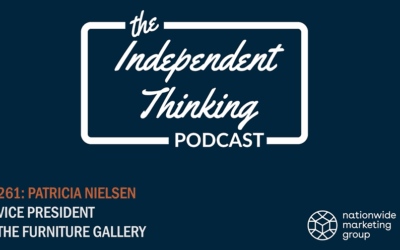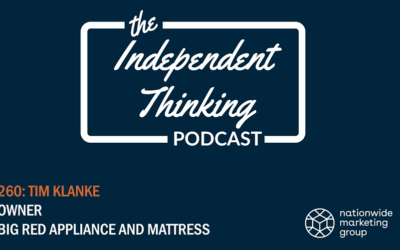One part of the appliance business that we feel does not get adequate recognition or discussion is service. Appliances are machines, and regardless of improvement in standards, there always will be a certain failure rate. As such, service is an integral part of the appliance industry. The challenge is to provide a customer who is facing a failure of their appliance with a top-notch service experience, as stellar service leads to increased profitability and higher customer satisfaction levels.
However, while you want to do everything right when servicing an appliance, sometimes there are factors that are out of your control. For example:
- Is the customer giving you the right model number?
- Is the customer really able to describe the failure?
- Can the same failure be caused by several issues?
- Are parts still available for this appliance?
- How long will it take the get the parts?
- How far out are you (the servicer) booked?
About one year ago, we recognized the need to bring together dealers who run service departments in order to discuss these and other issues. So, during the summer 2018 show, Mallory Parker set up a Nationwide Learning Academy roundtable to discuss service issues. The session was back by popular demand this spring with a bigger audience. And from those sessions, the Service Leaders Network (SLN) was born.
The SLN is a dealer-driven organization designed to focus on best practices and addressing issues that servicers face. The goal is to share information openly for the benefit of everyone involved in service. Since launching SLN earlier this summer, Mallory has begun to gather data about service rates in order to help set some benchmarks. The summary findings will be shared with everyone that contributed data and used immediately to help identify solutions for two key servicer issues: increasing profitability and recruiting skilled labor.
Increasing Profitability
Service revenue comes from three sources – manufacturers’ warranty claims, service contract claims and collect-on-delivery (COD) service calls. For both manufacturers’ warranty claims and service contract claims, the labor rate is negotiated. However, for COD service calls, the labor rate is set by the servicer and can change at any time.
“The best way to manage the profitability of a service department is to manage the percentage of COD service calls,” one of our major appliance manufacturers’ service managers says. “If 50% or more of the service calls are COD, there is a very good chance the operation is profitable.”
Many servicers also focus on trying to drive up their negotiated rates in order to increase revenue. And while that approach does make sense, the most-skilled servicers have refined their approach to focus instead on profitability.
“The most profitable calls are the one-call completes, where the technician can efficiently affect the repair,” explains Andrew Guattery of Michael’s Appliance Center in Middletown, N.Y. “The next most profitable complete is the two-call complete, where the technician is able to efficiently complete the call but lacked the proper component(s) to do so. The least most profitable (and almost ALWAYS unprofitable) calls are those where the technician performs inefficiently and ineffectually regardless of time or components.”
Finding Skilled Technicians
In most U.S. markets, it is hard to find qualified labor, and service technicians are no exception. As a service department that does perform manufacturers’ warranty claims, it is imperative that you have enough technicians to be able to grow your COD business. Losing just one technician can dramatically reduce the percentage of COD claims you perform.
According to Andrew, the problem is that, “qualified service technicians don’t exist! Manufacturers don’t train them anymore, with the exception of a very few brands – VERY few. This is the place that needs the most attention, by far. Service companies are trying to take someone from a different labor market and make them fit into ours. And it DOES NOT WORK. Hardly ever.”
Regardless of where technicians come from, you will have to compensate skilled ones enough to avoid defection to the automotive and HVAC service industries. That is a difficult challenge without some type of bump in revenue, and it’s why we are working with the SLN to create new revenue streams for servicers in 2020. Look for more on that in the coming months.
Interested in learning more about the Service Leaders Network, and how to share your service tips and challenges? Contact Mallory Parker at mallory.parker@nationwidegroup.org.




